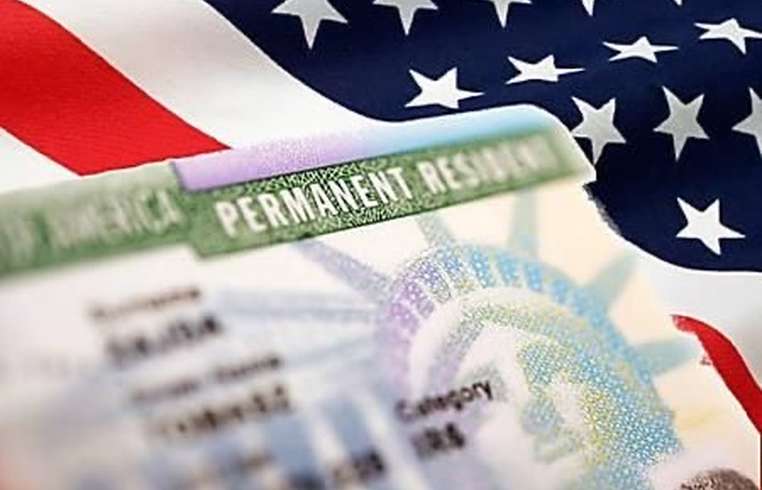
Demystifying the green card. debunking five common misconceptions

The appeal of the American Dream often centers around obtaining a green card, the gateway to legal permanent residence in the United States. However, navigating the complexities of immigration can be daunting, and misinformation can lead to confusion. In this article, we aim to debunk five common misconceptions surrounding green cards, shed light on the realities of the application process, and dispel myths that can hinder aspiring immigrants.
1. “Winning” the green card lottery guarantees permanent residence.
Testing in real conditions.
While the Diversity Visa Lottery, commonly known as the Green Card Lottery, offers a unique opportunity for individuals from countries with low immigration rates to the United States, winning the lottery is only the first step. It provides the right to apply for a visa, but successful applicants still undergo a rigorous vetting process, including background checks and interviews, before they are granted permanent residence.
2. “Marriage to a US citizen equals an instant green card.”
Testing in real conditions.
Contrary to popular belief, marriage to a US citizen does not guarantee an instant green card. The process includes filing a petition, providing evidence of a bona fide marriage, and a thorough review by USCIS. Initially, conditional green cards may be issued after a two-year review to ensure the legality of the marriage.
3. “Green cards for employment are intended only for highly qualified specialists.
Testing in real conditions. Employment-based green cards cover various categories beyond highly skilled workers. While the EB-1 category is for people with extraordinary abilities, the EB-2 and EB-3 categories are for advanced professionals and skilled workers, respectively. Understanding the nuances of each category allows a wider range of people to explore employment-based immigration options.
4 Having a green card means immediate citizenship.
Testing in real conditions.
Although a Green Card allows for legal permanent residence in the country, it does not automatically grant citizenship. Individuals must meet eligibility criteria, including permanent residence and compliance with the laws of the United States, before applying for citizenship. The naturalization process includes demonstrating proficiency in the English language, knowledge of U.S. history and government, and adherence to the principles of the Constitution.
Navigating the Path to a Green Card
Seek accurate information.
Debunking misconceptions starts with seeking accurate information from reputable sources. The United States Citizenship and Immigration Services (USCIS) website, lawyers, and official government resources offer reliable information to help people navigate the green card application process.
Professional guidance.
Navigating the complexities of immigration law can be challenging. Seeking advice from immigration attorneys or accredited representatives will ensure that people receive accurate, up-to-date information and personalized advice tailored to their specific circumstances.
